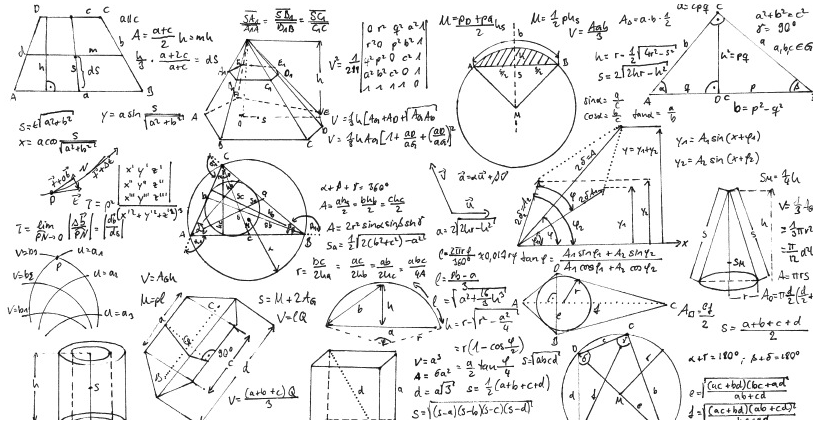At times I forget that I am a beginning teacher and expect myself to have everything perfect all of the time. As someone who has high expectations of myself it is frustrating when I can see what I want to do and what others are doing but am still getting my head around how to put what I want to be doing into action.
Maths is an area that I feel I should be able to teach easily because I have the content knowledge and it is a logical subject. However, whilst Maths is logical as a learner, trying to control four maths groups number rotations, strand rotations, and set appropriate interactive work on the computers has proved slightly more challenging. I aimed to break down what it was that was challenging me about Maths and at the start of Term 2 I set myself two goals: 1 - I would make sure that I always had appropriate equipment out for the groups that I was teaching that would allow for easy transitions between using materials and imaging and 2 - that I would get my head around the way that strand is taught at the school that I am teaching at.
Number 1 seemed to be fairly easy to sort, the materials when sourced were at the appropriate level for my children and seemed to really help my children grasp difficult concepts easily. Number 2 was slightly more tricky but I have managed to now set up a programme that involves weekly check ins and exploration of the strand topics that I am teaching and allows me an opportunity to discover which children are struggling in which areas and why they are doing so.
However, when I got to the end of last term, I taught a unit of maths that still made my head swim. Maths that should have looked like this:
Quickly began to look like this:
I could not for the life of me figure out why - I knew the content, I was planning weekly, I knew the teaching style that best suited my students, I was using appropriate materials and doing everything agreed upon by myself and my tutor teacher. My tutor teacher was away during this time and so I sought the advice of a trusted colleague who has enormous amounts of experience within the mathematical field. She was able to help me ensure that my unit looked and was manageable again but I still was not able to place my finger on the problem.
A couple of days ago, I was looking at the long term planning for Term 3 and it struck me - and became exceedingly obvious. While I was weekly planning for maths as I did for every other subject I was doing this from a framework of making educated predictions about where the children would be. I had no long term plan for maths. This term we are recovering two topics that we taught in Term One and so I have created long term plans for Maths for these topics. These are not incredibly detailed and they are certainly not long and extensive but they provide me with a framework upon which to base my weekly planning for maths.
Here's hoping that these long term plans will allow me to breathe and continue to focus on exactly how I am teaching maths rather than worrying about what I am teaching and whether the lessons that I am teaching are covering what they need to and whether or not they flow well together.
I feel like a weight has been lifted off my shoulders! Wooo - Sometimes all it takes for things to make sense is a moment to step away from it all and breathe!





